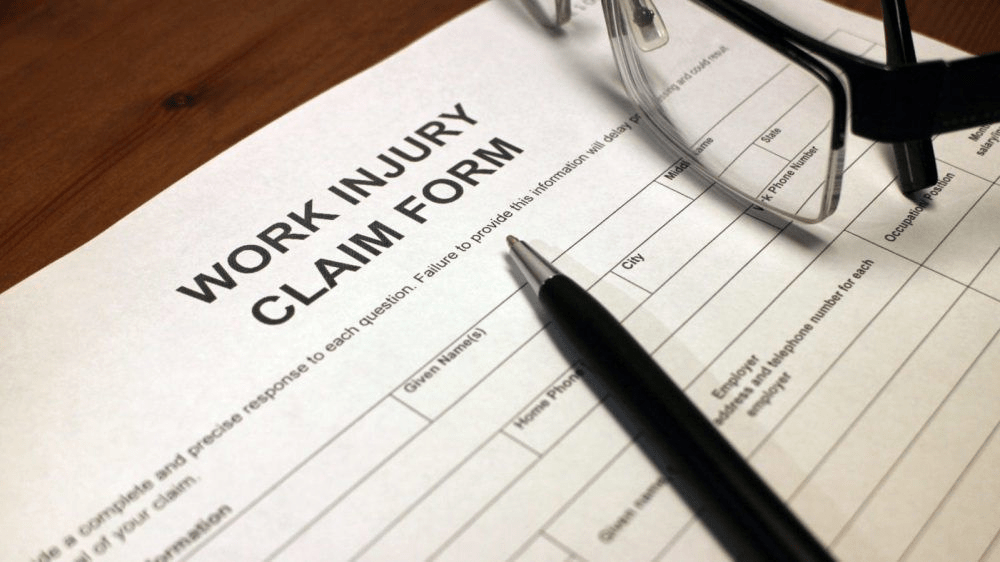At Morgan Law Group, our Florida workers’ compensation attorneys know that all employers conducting business throughout the state are required to provide specific workers’ compensation insurance, which is determined by the type of industry the business operates within and the number of employees they have on their payroll.
If you are injured because of a work-related accident, your employer’s workers’ compensation coverage may entitle you to receive both medical and partial wage replacement benefits.
The bigger question becomes, who is eligible and who does not qualify to pursue a workers’ compensation claim in Florida.
Our Morgan Law Group attorneys can help.
What Businesses Are Required to Carry Workers’ Compensation Coverage in Florida?
Florida workers’ compensation laws require businesses with four or more employees to provide coverage to all employees. If the business operates in the construction industry, no matter its size, it must offer workers’ compensation coverage to all employees.
Can I Pursue Workers’ Compensation as an Independent Contractor?
The short answer is, no. Independent contractors are not considered full-time employees in Florida unless they are working in the construction industry.
Outside of the general careers and positions that are labeled independent contractors by statute, including entertainers, drivers for hire, and real estate agents to name a few, other positions require a deeper look at their role with the contractor to determine their potential workers’ compensation eligibility.
Our Florida laws state that the definition of independent contractors requires four or more of the following criteria to be true.
That includes when the individual:
- Maintains a separate business and work facility, truck, equipment, materials, or similar accommodations
- Holds or has applied for a federal employer identification number or is a sole proprietor who is not required to do so
- Receives compensation for work performed or services rendered, and that the compensation is paid to a business rather than to an individual
- Holds one or more bank accounts in the name of the business entity for purposes of paying business expenses
- Performs work for any entity outside the employer in question without applying for the position
- Receives compensation for work or services rendered upon completion of the task(s), contract, or competitive-bid basis
What qualifies as an independent contractor is a complex legal analysis. Even if the individual does not meet four points of qualifying criteria, he or she may be considered an independent contractor when any of the following is true.
Including when the individual:
- Performs or agrees to perform specific services or work for a specific amount of money and controls the means of their performance
- Incurs the principal expenses related to the service or work performed
- Responsible for the satisfactory completion of the work or services
- Receives compensation for work or services performed for a commission or on a per-job basis and not on any other basis
- Realizes a profit or suffers a loss in connection with performing work or services
- Has continuing or recurring business liabilities or obligations
- Success or failure of their business depends on the relationship of business receipts to expenditures
If you were injured at work, and are an independent contractor, call us today so we can advise on whether you have a workers’ compensation case or what may be devised as a potential personal injury claim, based on your unique circumstances.
Florida’s Workers’ Compensation Benefits Operate Under a No-Fault System
The first thing our Florida workforce should know about workers’ compensation is that the employee does not have to prove negligence caused their injury or illness to pursue the necessary benefits.
If you have been hurt at work, your employer’s workers’ compensation coverage is designed to protect you from paying for your medical care and lost wages out of pocket.
Why Do I Need a Florida Workers Compensation Attorney?
Simply because your employer must carry workers’ compensation does not mean the insurance company is going to approve your claim.
Certainly, as an eligible employee, you are entitled to workers’ compensation benefits. However, it is not your employer who is responsible for providing the coverage — it is their insurance provider.
Like most insurance companies, they will do everything they can to delay, undervalue, or avoid paying a claim — including workers’ compensation.
If the workers’ compensation insurance company is resistant to fulfilling your complete medical, financial, temporary partial disability, or temporary total disability needs, contact our skilled Florida workers’ compensation attorneys today, so we can evaluate your important case during a free consultation.
Contact Our Experienced Workers’ Compensation Attorneys in Florida for a Free Case Evaluation Today
If you have been hurt at work, we understand that your livelihood depends on your ability to pursue workers’ compensation benefits. After your injuries occur, alert your employer, seek medical care right away, and contact our experienced Florida workers’ compensation lawyers at Morgan Law Group to schedule a free consultation today by calling 786-206-8807.
We can take your case from the beginning, or step in to counter a denied claim. Call us now to learn more about your legal rights and options to pursue the workers’ compensation benefits you are entitled to in the state of Florida.

